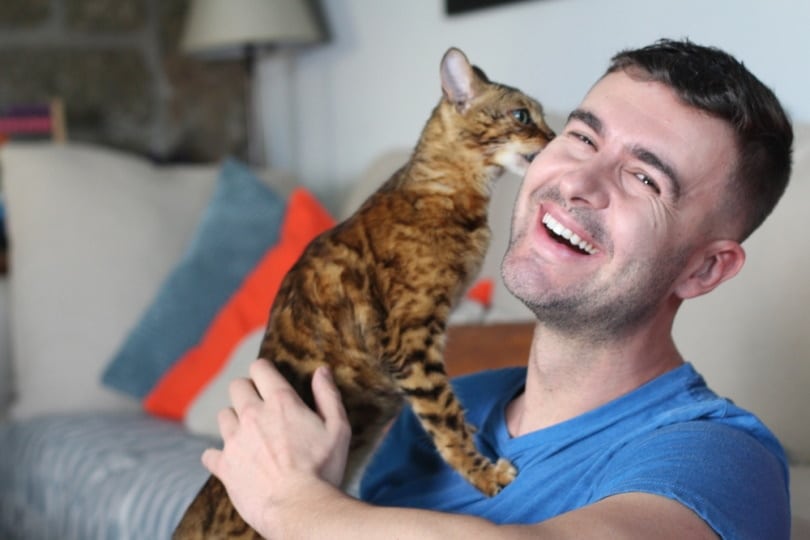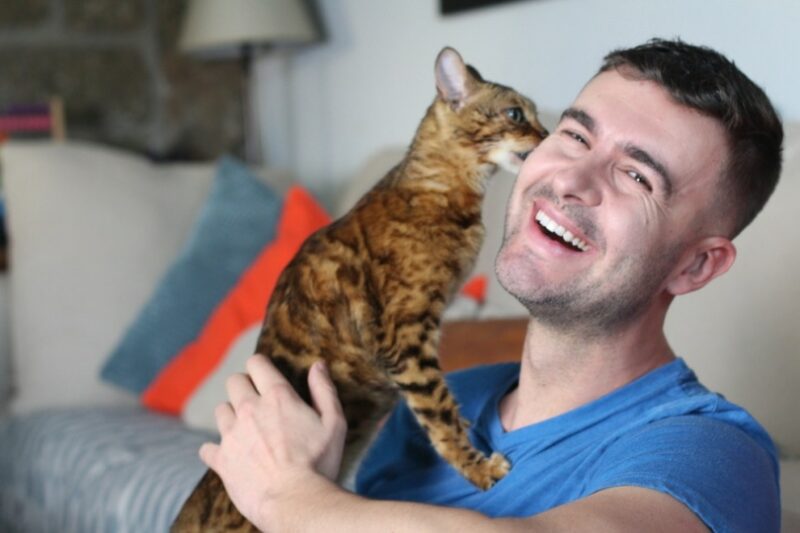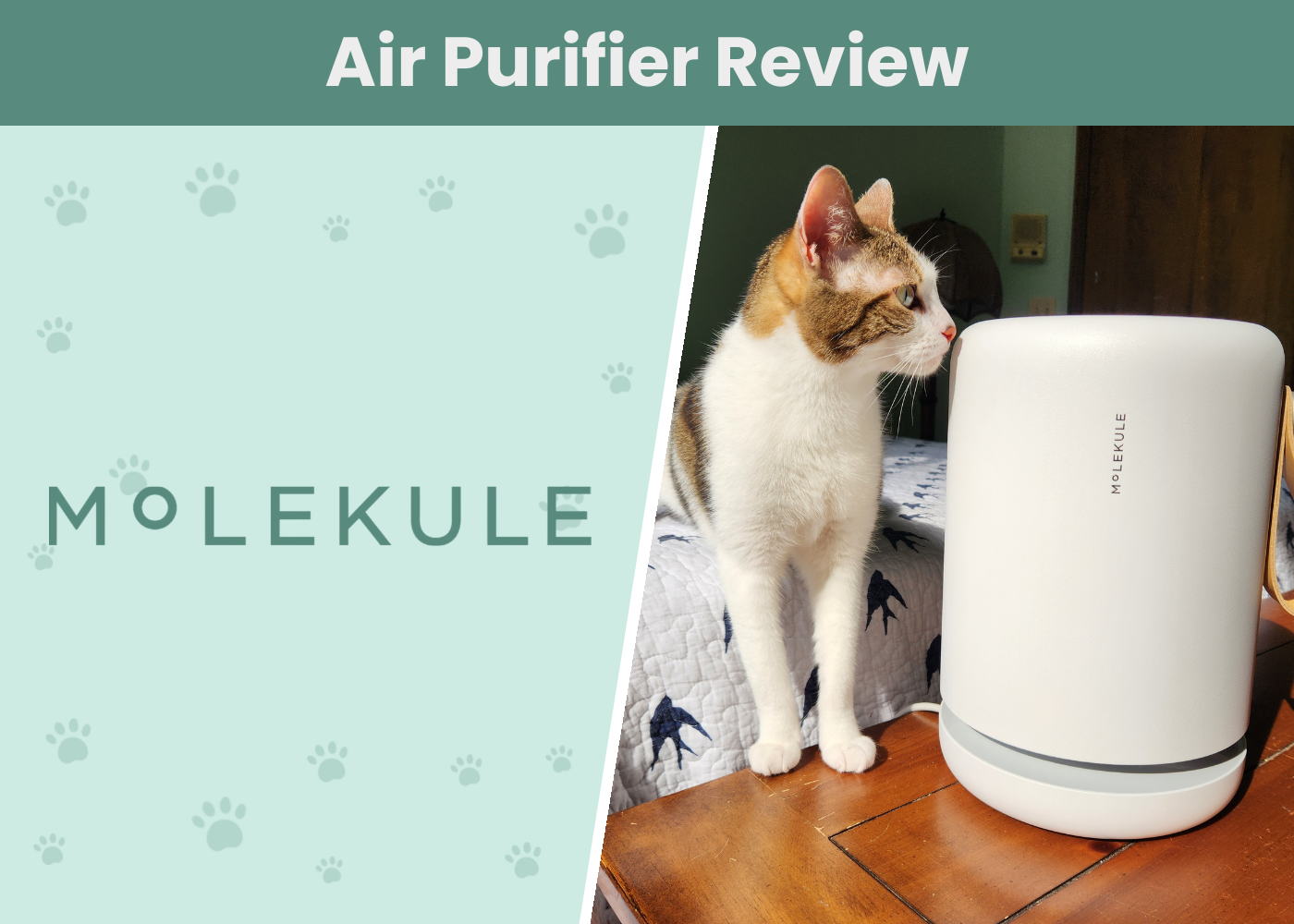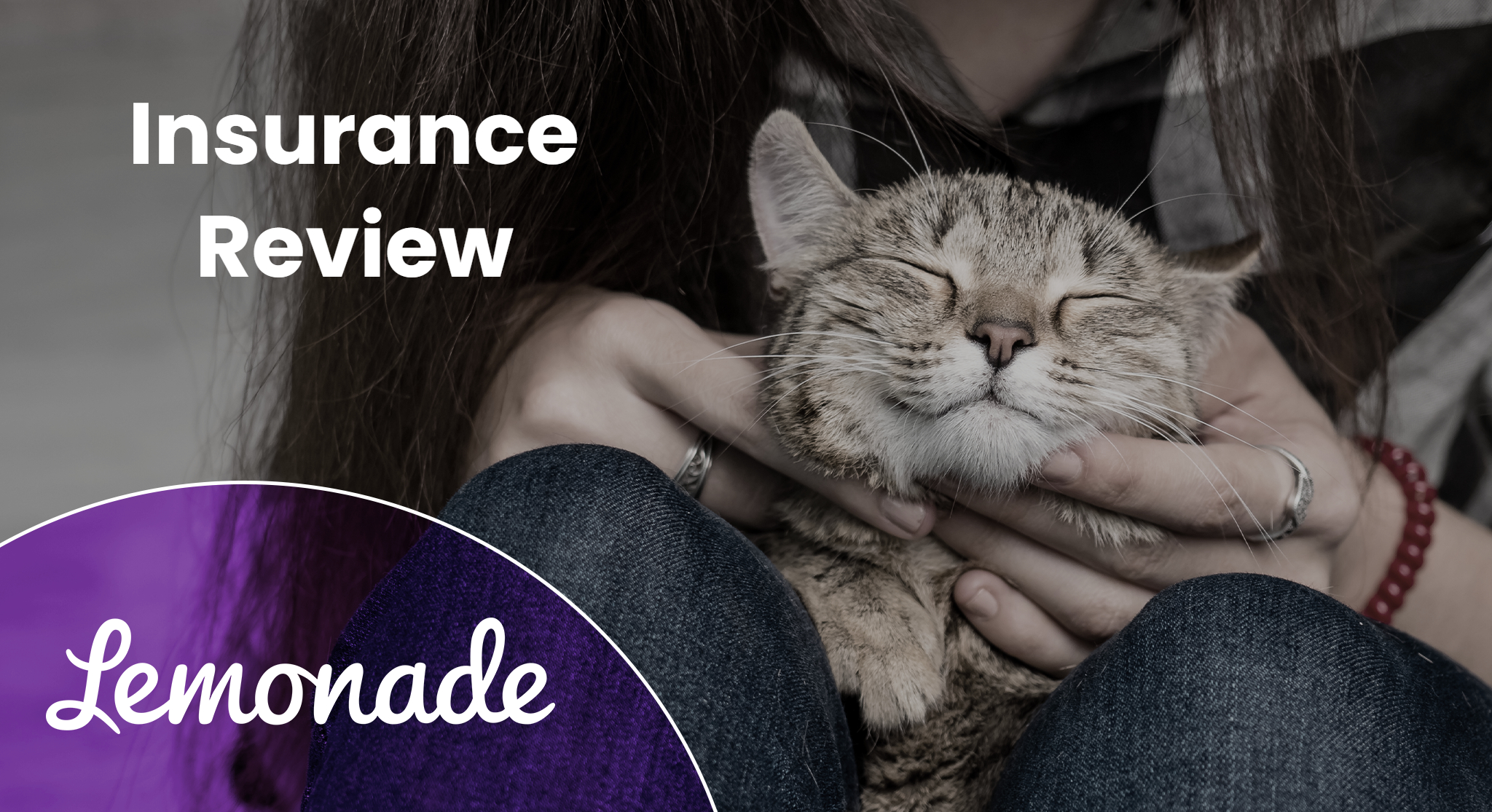The sandpaper texture of a cat’s tongue unexpectedly plunging into your ear can be quite an uncomfortable shock. If your cat has this strange behavior, you may be chalking it down to just another weird unexplainable feline thing.
But the fact is there are a few reasons why your cat may be licking your ear.
The 3 Possible Reasons Why Cats Lick Ears
1. They Like the Taste of Earwax
Earwax is made of a variety of things, including dead skin cells, hair, and oily secretions. It moisturizes and protects the ear canal. Some cats seem to enjoy the taste of this concoction and will actually seek it out. If your cat is licking your ear, it may be because they enjoy the taste of your earwax.
If you think about it, earwax is sort of like cat food. It’s full of all the things that cats love: salt, protein, and fat. So, it’s no wonder that your cat may enjoy licking the wax out of your ear. While earwax may be scentless to us, it can be quite pungent to a cat’s sensitive nose, attracting their attention to your ears.
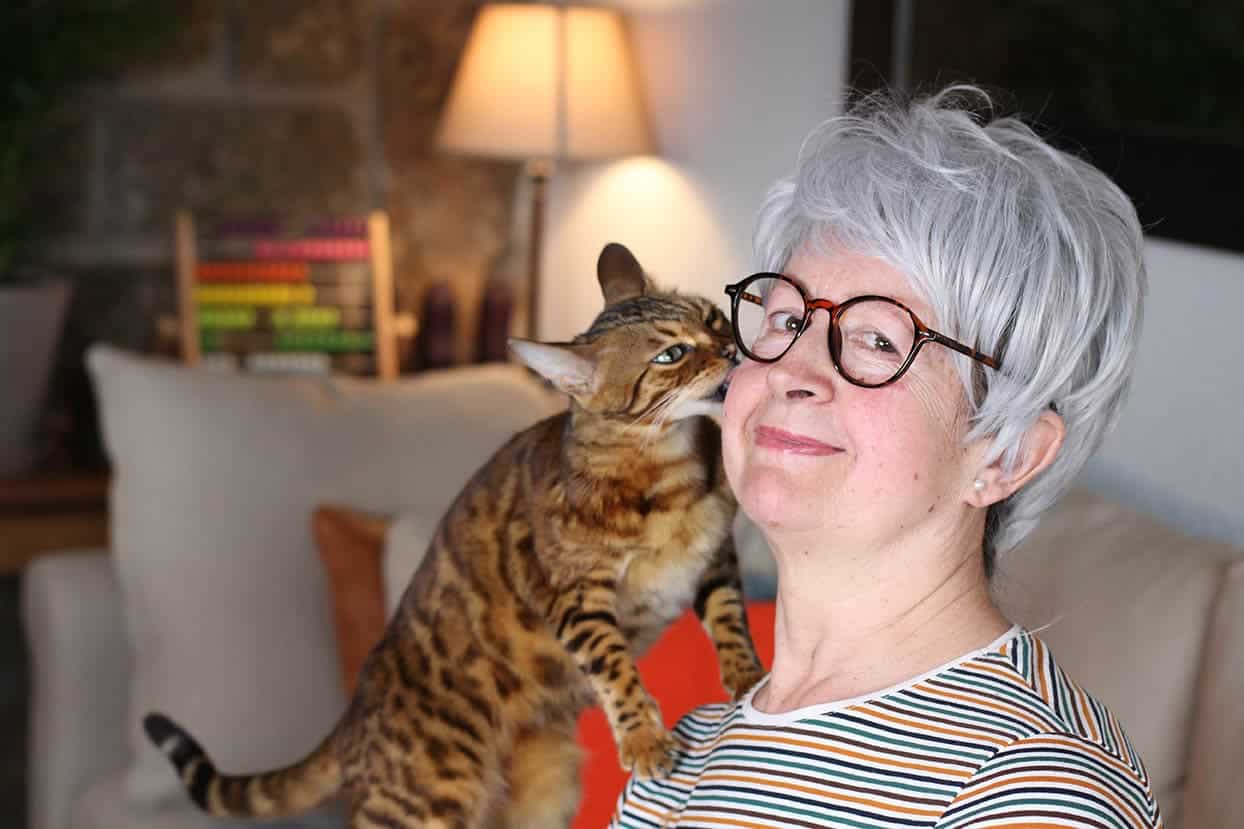
How to Remedy the Behavior
If you don’t like your cat licking your earwax (which you really shouldn’t!), there are a few things you can do to stop the behavior.
- Clean your ears regularly. This will remove the earwax that is attracting your cat in the first place.
2. They’re Trying to Groom You
As aloof as they may seem, cats do bond with each other and with you. A key way to form trust is mutual grooming. When cats groom each other, they are exchanging scents. This is why you may see cats grooming each other’s heads and face area; they are leaving their scent on each other.
When your cat licks your ear, they are trying to groom you and leave their scent on you. This is a sign of affection and trust.
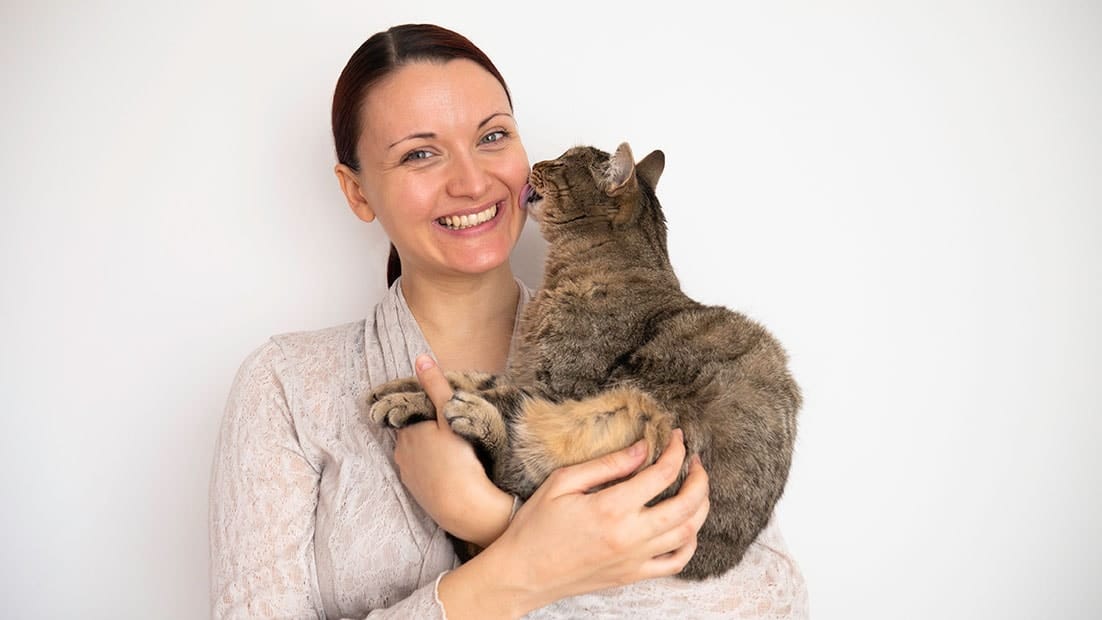
How to Remedy the Behavior
If you don’t want your cat to groom you, there are a few things you can do to stop the behavior.
- Give your cat plenty of attention and affection. If your cat feels loved and secure, it will be less likely to feel the need to groom you.
- Let them groom other parts of you. If your cat really feels the need to groom, let them lick your hand or arm instead.
3. A Show of Affection
While you may not realize it, you possess a smell that is unique to you. When cats rub around you, they are trying to exchange scents and mark you as their own.
Licking your ear is just another way for your cat to show its affection for you and mark you as part of its family. They are also trying to douse themselves in some of your scents so they can feel close to you when you’re not around.
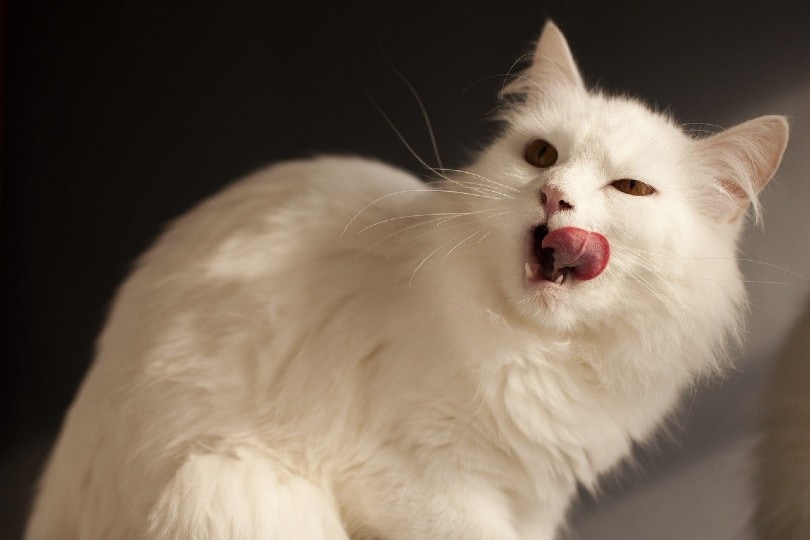
How to Remedy the Behavior
There’s really no need to stop your cat from licking your ear if it’s simply a show of affection. However, if the behavior is becoming excessive, there are a few things you can do to help curb it.
- Make sure your cat is getting enough attention. If your cat feels loved and secure, it will be less likely to feel the need to mark you with its scent.
- Give your cat plenty of toys and playtime. A well-exercised cat is a happy cat and will be less likely to feel the need to mark you with its scent.
- Offer your scent in other ways, such as leaving used clothes around or using a pet-safe scent spray. This will help your cat feel close to you without needing to lick your ear.
Is It Okay If My Cat Licks My Ear?
While there are a few potential reasons why your cat may be licking your ear, it’s generally nothing to worry about. Unless the behavior is excessive, there’s really no need to stop your cat from licking your ear. However, if you’re concerned about the behavior, use some of our remedy tips or talk to your veterinarian. They can help you rule out any underlying medical conditions and offer advice on how to stop the behavior.
While the reasons behind your cat licking your ear are usually harmless and almost sweet, most of us don’t appreciate the sentiment. Additionally, cat saliva can contain bacteria, which can cause infections if introduced into the abrasions in the ear canal.
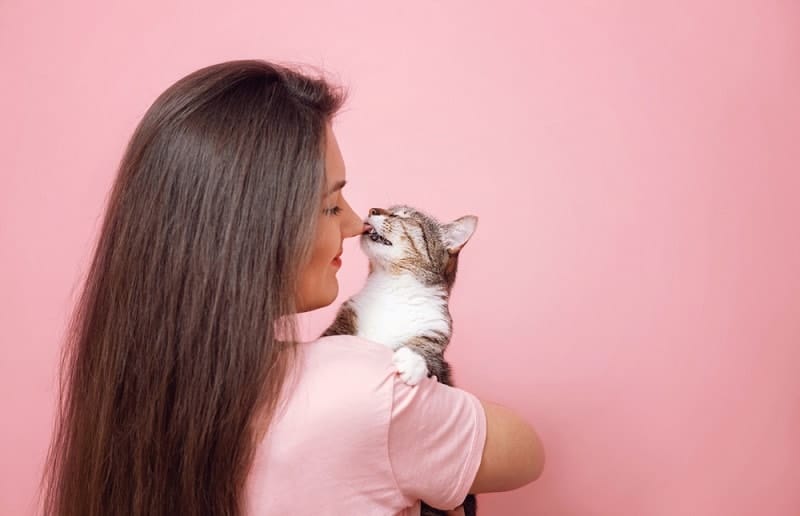
Why Do Cats Like Earwax?
For some cats, violating their owner’s ear is less about love and more about what tasty treats they can find inside it. You’ll be able to tell if this is the case if your cat is overly interested in any earwax you remove from the ears. Some cats are drawn to dirty Q-tips and will even try to steal them from the bathroom garbage.
While there are a variety of commercially available ear cleaners that can help keep your ears clean and free of wax, they may not be able to completely remove the scent or taste that’s attracting your cat.
Keeping Your Cat from Eating Earwax From the Bin
If your cat is drawn to earwax, there are a few things you can do to try to deter the behavior.
- Use commercial ear cleaners that contain ingredients that are bitter or unpalatable to cats.
- Try using a pet-safe ear spray in between cleanings. Some of these sprays contain essential oils that deter cats.
- Cover bathroom garbage cans with a lid or place them in a cupboard.
- Talk to your veterinarian about possible medical reasons for the behavior.
Conclusion
While there are a few potential reasons why your cat may be licking your ear, it’s generally nothing to worry about. Unless the behavior is excessive, there’s really no need to stop your cat from licking your ear.
Except, of course, it’s super uncomfortable.
Featured Image Credit: AJR_photo, Shutterstock

